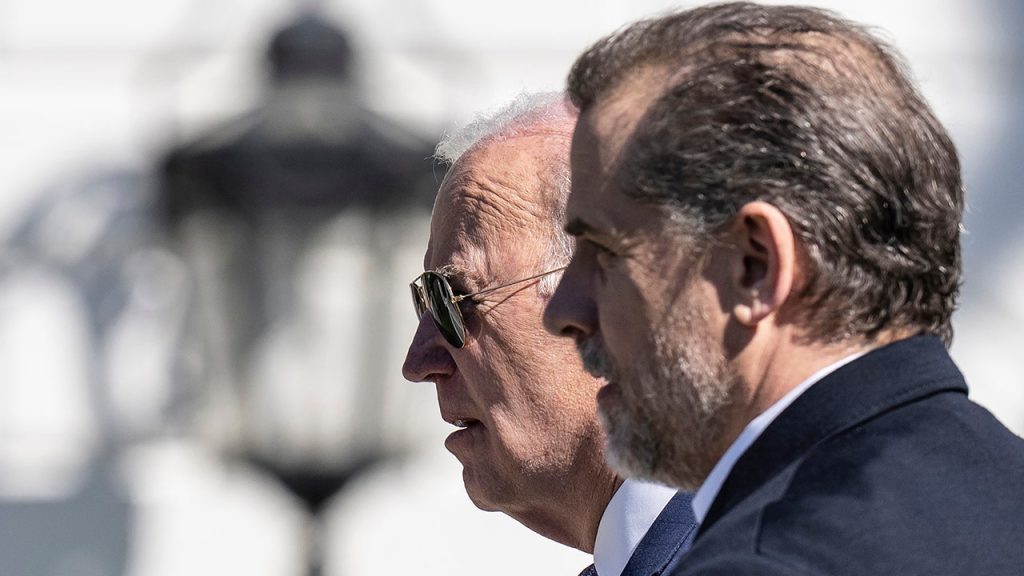An unearthed video of Hunter Biden smiling and showing a confident demeanor while being pressed about a possible pardon raises questions about when his dad, President Biden, made the decision that he would pardon his son. Despite President Biden repeatedly stating throughout the year that he would not pardon his son and would not interfere with the criminal justice process, Hunter Biden maintained a confident attitude, even as he faced a maximum sentence of 17 years in federal prison. The 30-second video obtained by Fox News Digital shows Hunter smiling wryly and walking away after being asked about expecting a pardon while leaving a restaurant in Malibu, California on July 31, 2024, shortly after being convicted of felony charges and pleading guilty to tax evasion.
The video was taken after Hunter Biden was convicted of three felony charges relating to the illegal purchase of a firearm and shortly before he pleaded guilty to tax evasion. He is seen walking out of a restaurant with actor and director Sean Penn. The person taking the video asks Hunter how he is holding up, to which Hunter responds, “Great, man.” When asked about expecting a pardon, Hunter flashes a large smile and does not respond, instead waving and stepping into a vehicle. Despite the confidence displayed in the video, President Biden had previously ruled out pardoning his son in June after Hunter’s conviction.
Following his convictions and guilty plea, Hunter Biden’s sentencing was scheduled for December 16. However, President Biden surprised many by giving his son a full and unconditional pardon on Sunday night, covering all offenses committed between January 1, 2014, through December 1, 2024. President Biden claimed that his son was being “singled out” and that “raw politics has infected this process and it led to a miscarriage of justice.” He argued that Hunter was treated differently and that “the charges in his cases came about only after several of my political opponents in Congress instigated them to attack me and oppose my election.”
The decision to pardon Hunter Biden raised questions about the timing and motivation behind the pardon, especially given President Biden’s previous statements ruling out any interference in the criminal justice process regarding his son. The video of Hunter’s confident demeanor after being asked about expecting a pardon added to the speculation surrounding the decision. Despite President Biden’s earlier assurances that he would not pardon his son, the sudden reversal and granting of a full pardon to Hunter for his convictions have been met with criticism.
The pardon of Hunter Biden also led to concerns about the impact on President Biden’s legacy, with some critics labeling him as the “Liar in Chief.” Others accused the president of using his power to protect his son from the consequences of his actions, leading to further polarization and controversy. The events surrounding Hunter Biden’s convictions, guilty plea, and subsequent pardon highlighted the intersection of politics, justice, and family dynamics, raising questions about the fairness and integrity of the criminal justice system.
Despite the controversy and criticism surrounding the pardon of Hunter Biden, President Biden defended his decision as protecting his son from what he perceived as unfair treatment brought about by political opponents. The pardon highlighted the complexities and challenges of navigating the intersection between personal relationships, political influence, and legal accountability, leading to a wider debate on the role of presidential pardons and the implications for transparency and accountability in the justice system. The fallout from the decision to pardon Hunter Biden is likely to fuel ongoing debates about ethics, integrity, and the balance of power in the highest office in the land.

